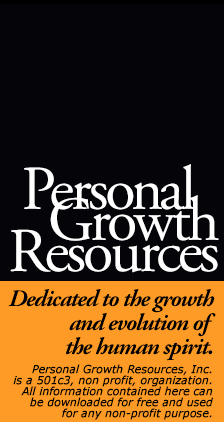|
A Lesbian Marriage Ceremony CONTINUED |
Woman Two: ...The final and most important basepoint for a feminist theology is the centrality of relationship. A feminist moral theology celebrates the power of our human praxis as an intrinsic aspect of the work of God's love, as it celebrates the reality that our moral-selves are body-selves which touch and see and hear each other into life, recognizing sensuality as fundamental to the work and power of love, so above all else a feminist moral theology insists that relationality is at the heart of all things. I am perfectly aware that our current preoccupation with "human relations" with "skills of relationship" is such that some have declared that our modern concern for relationship is merely trendy and faddish. It is true that, like everything else in late capitalism, "relationship" becomes transformed into a commodity to be packaged and exchanged at a price. To speak of the primacy of relationship in feminist experience, and to speak of a theology of relation, however, is not to buy in on the latest capitalist fad. It is, above all, to insist on the deep, total sociality of all things. All things cohere in each other. Nothing living is self-contained... Woman One: Making the Connections: Essays in Feminist Social Ethics by Beverly W. Harrison, edited by Carol S. Robb, Beacon Press, Boston, MA. 1986. Reprinted with permission of Beacon Press. Officiate: Woman One: Woman Two: Officiate: Woman One: Woman Two: Officiate: Officiate: Woman One: Woman Two: Officiate: Woman One: Woman Two: Woman One: Officiate: ¹ If you disagree with the idea of totally communalizing your resources in marriage, it is very important that you state that clearly in your pre-nuptial agreement. You should then also make a statement to that effect in your marriage ceremony. For example: Officiate: Woman One: Woman Two:
GO TO TOPIC:
Introduction Does Government-Regulated Marriage Makes Sense? The Negative Side of Governmental Regulation of Marriage Customizing Your Marriage Contract With a Prenuptial Agreement Deciding Whether Legal Marriage Is the Right Option for You Letting Go of the “Till Death Do Us Part” Myth Who in Our Society Should Perform Marriage Ceremonies? We Need to Remove the Sexism from Marriage Rituals The Need for Parenthood Ceremonies Support for Gay Marriages What About Sexually Open Marriages / Relationships? Marriage Ceremony for Couples Intending to Have Children. Marriage Ceremony for Couples Not Intending to Parent A Lesbian Marriage Ceremony A Gay Marriage Ceremony Marriage Ceremony for a Senior Couple |
This site owned and operated by: Susan M. Mumm, MA, Licensed Professional Counselor
info@personalgrowthresources.org | Personal Growth Resources, Inc. | Ann Arbor, MI | (734) 913-5859
